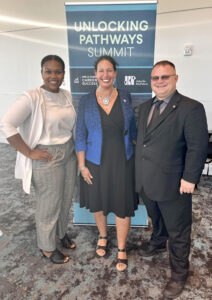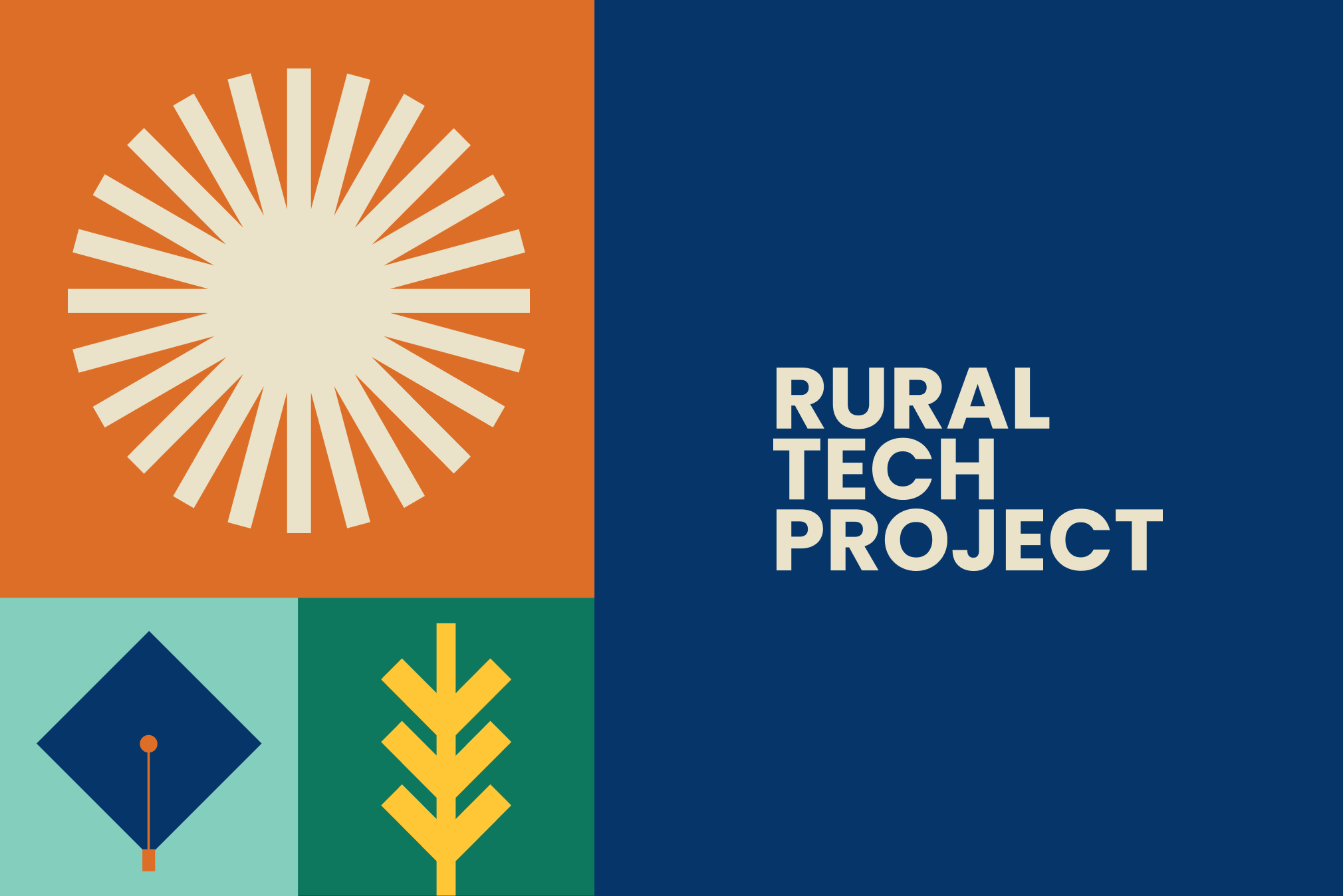Woodlake High School will receive $100,000 to continue expanding its Aviation Pathway in rural California.
No matter where they want to work or what they want to do, today’s high school students will need advanced technology skills. One-third of American schools are located in rural areas, and skills-based distance learning can help create opportunities in underserved communities. But it’s not easy to launch and sustain new technology education programs that are customized for students and local needs. Every community is different; rural schools need opportunities and support to design programs based on what they know will work best for their students.
That’s why the U.S. Department of Education launched the Rural Tech Project in 2020, inviting high schools and local educational agencies to propose technology education programs that use competency-based distance learning. Throughout two academic years of implementation and iteration, the $600,000 challenge has empowered educators with resources to teach their students transferable technology skills for rewarding career opportunities.
This week, the Department announced Woodlake High School (Woodlake, California) as the grand-prize winner in the Rural Tech Project. Dr. Amy Loyd, Assistant Secretary for the Office of Career, Technical, and Adult Education, announced the winner at the Unlocking Pathways Summit in Biloxi, Mississippi. Woodlake will receive an additional $100,000 prize to continue expanding its newest technology education program — an aviation pathway to prepare students for regional aviation careers and postsecondary education.

Woodlake High School Counselor Jeannae Carmichael (left) and Woodlake High School Principal Dr. Mike Burchett (right) with Dr. Amy Loyd, Assistant Secretary for the Office of Career, Technical, and Adult Education, U.S. Department of Education (center).
Students in Woodlake’s Aviation Pathway learn geometry, aerodynamic principles, and drone operations, and earn industry certifications and college credits. The coursework emphasizes project-based learning, as students use flight simulators and work in “flight crews” to accomplish missions. They can earn OSHA 10 certifications and receive aviation certificates, such as an FAA drone operator license. Select students participate in a paid internship program with Benson Aviation, immediately connecting skills from their coursework to real-world applications. Aviation Pathway students are also achieving higher math grades than the average grades in other sections of the school’s integrated math course.
Planning, launching, and refining new programs
The challenge, designed and produced by Luminary Labs, received 63 proposals from teams across 34 states. A judging panel recommended five finalist teams to progress to Phase 2 of the challenge. Each team received $100,000, virtual resources, and on-the-ground assistance to run their new programs for two academic years.
In summer 2022, finalists visited the Luminary Labs office in New York for a two-day convening, which provided an opportunity to reflect on the first year of implementation and plan for a second year of iteration and improvement. This summer, the five teams traveled to Washington, D.C., to present their programs at the White House, after which the judging panel deliberated to recommend the grand-prize winner. And this week, the Woodlake team joined Luminary Labs in Mississippi for the winner announcement.
The finalist programs are all notably distinct, addressing the unique needs of their students and the economic demands of their local communities. They are readying their students for high-demand career pathways — from computer science and cybersecurity to tech entrepreneurship and agricultural technology.
Inspiration and resources for other communities
The teams have all demonstrated that rural communities are powerful centers for educational innovation; their program models can be adapted by other schools to create technology education programs that increase access to careers across industries. For each finalist team, the Rural Tech Project has published a comprehensive guide covering the team’s approach to program design, community engagement, evaluation, sustainability, and more. These builders offer considerations and resources for developing similar programs, with the goal of inspiring other communities to advance technology education in their own schools. Download the builders to see lessons learned and resources from all of the Rural Tech Project teams.

